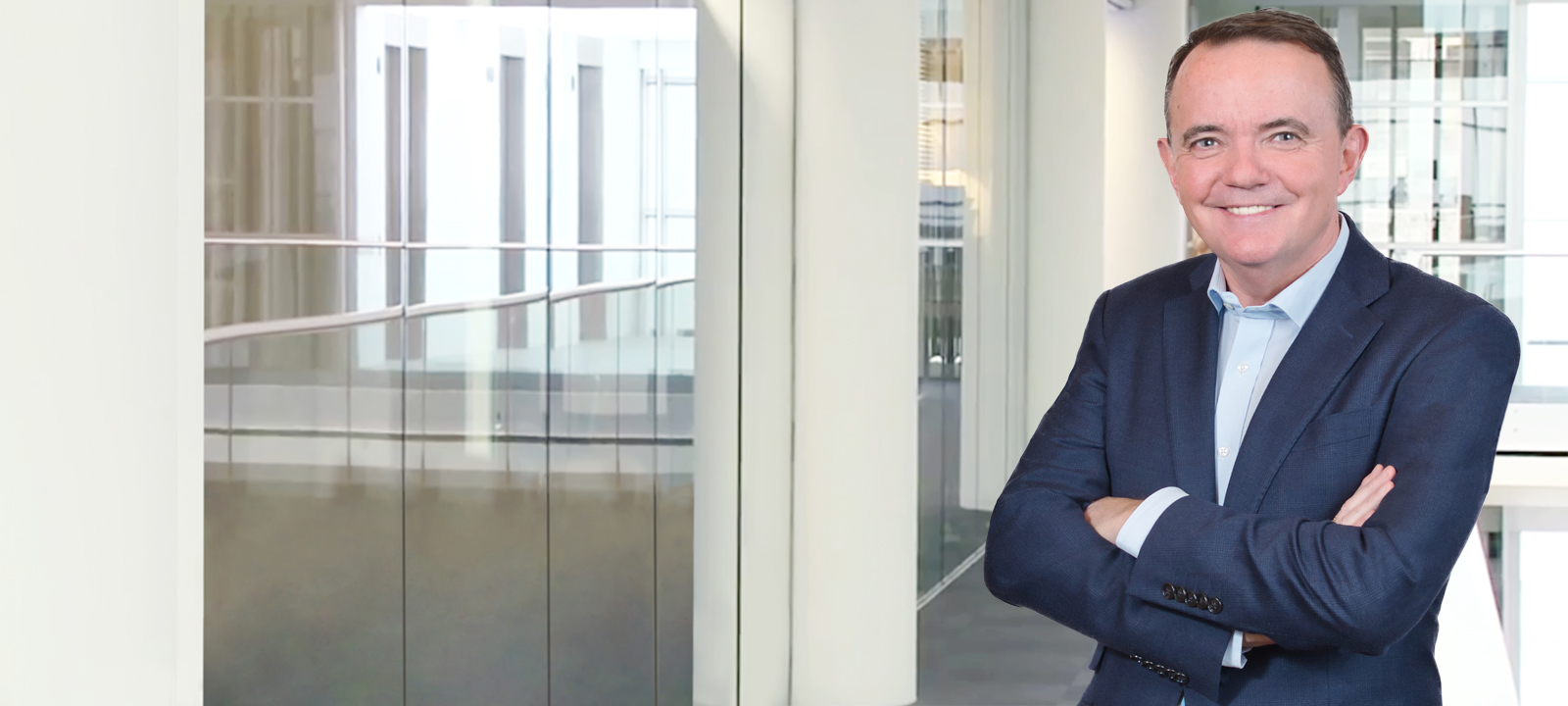
How Genesys is personalizing the customer experience with Engage, Azure and AI
Microsoft and Genesys, a global provider of contact center software, recently announced a partnership to enable enterprises to run Genesys’ omnichannel customer experience solution, Genesys Engage, on Microsoft Azure. According to the two companies, this combination will provide a secure cloud environment to help companies more easily leverage AI to address customer needs on any channel.
Headquartered in Daly City, California, Genesys has more than 5,000 employees in nearly 60 offices worldwide. Every year, the company supports more than 70 billion customer experiences for organizations like Coca-Cola Business Services North America, eBay, Heineken, Lenovo, PayPal, BOSCH, Quicken and more.
Transform spoke with Barry O’Sullivan, executive vice president and general manager of Multicloud Solutions for Genesys, to explore how technology is reinventing the customer service experience.
TRANSFORM: How are technologies like artificial intelligence (AI), machine learning and cloud transforming the customer service sector?
O’SULLIVAN: It’s broader than customer service. It’s the entire customer experience, which encompasses any point at which businesses engage with consumers, whether it’s in a marketing, sales or service context. What cloud, AI and machine learning enable is the ability to make every experience unique to each individual. Every consumer wants to feel like they’re the only customer that matters during each interaction with a brand. These technologies allow organizations to understand what customers are doing, predict what they will need next and then deliver it in real time.
Traditionally, companies haven’t been able to do that well, because it’s hard to get a fix on a consumer as they move between channels. Maybe they come to a physical store one day, then call the next day or engage via web chat. These technologies allow brands to stitch together every customer interaction, and then use the resulting data to personalize the experience.
TRANSFORM: Can you talk a little bit more about that customer journey and what customers will experience going forward?
O’SULLIVAN: Let’s use contacting the cable company to get internet service as an example. You check out their website, but maybe you get stuck and use web chat to interact with a customer service representative. Today’s technologies allow businesses to connect the dots to better understand the customer.
Before these technologies were available, interactions were disconnected, and important customer details and context didn’t move from one department or agent to the next. We all know what that’s like – just think about a customer service experience when you had to repeat your name and birthdate every time you were passed to a new agent.
Today’s technology can tie together a customer’s details, like their favored communication channel, past purchases, prior service requests and more, so the business really knows them. Then, using AI, it can match that customer with the contact center agent who has the best chance of successfully resolving the issue and achieving a specific business outcome, such as making a related sale.
TRANSFORM: All of those kinds of experiences seem to be present in some form today. Is there a change coming that’s going to take the consumer experience to the next level?
O’SULLIVAN: Personalized service is not a new concept, but very few businesses get it right. Today, it’s about so much more than targeting personas or market segments.
It’s really about enabling organizations to link together their customers’ and employees’ experiences to deliver truly memorable, one-of-a-kind interactions. When it’s done right, organizations already know who the customer is, what he or she wants and the best way to deliver it.
That means understanding customers so well that businesses know the best times to contact them, on which channel and even the best days for an appointment. It’s no longer one-size-fits-all service – it’s tailor-made customer care for each consumer.
TRANSFORM: Are your own customers ready to adopt the technologies to enable this kind of new experience?
O’SULLIVAN: When it comes to cloud, it’s not a question of if, but when and how. And that’s one of the reasons the announcement between Genesys and Microsoft is so exciting. We have a lot of customers, especially large enterprises, who love Genesys and love Azure and really want to see that combination come together. So, giving them that option and that choice is really going to accelerate the migration to cloud.
In terms of adopting AI and machine learning, many companies are in the early phases, but recognize the enormous potential of the technology. What makes AI truly compelling in the customer experience market is its ability to unlock data. Increasingly, businesses use digital channels, like web chat and text, to communicate with consumers, which combined with traditional voice interactions has resulted in copious amounts of data being produced daily. The key for organizations is figuring out how to harness and leverage it to more fully understand customers, their experiences and behaviors, as well as the needs of human agents. That’s where Genesys comes in.
TRANSFORM: How would you describe your experience working with Microsoft?
O’SULLIVAN: It’s a great partnership because we’ve got a common view of the customer and a very aligned vision on cloud. It’s all about delivering agility and innovation quickly and reliably to our joint customers. So, it really helps when we’re both all in on the cloud, all in on customer experience.
Our customers are really excited about this combination of Genesys and Azure. They can simplify their maintenance, reduce costs and streamline the buying process. We believe in the advantages of moving to cloud, and obviously Azure is a leader there.

